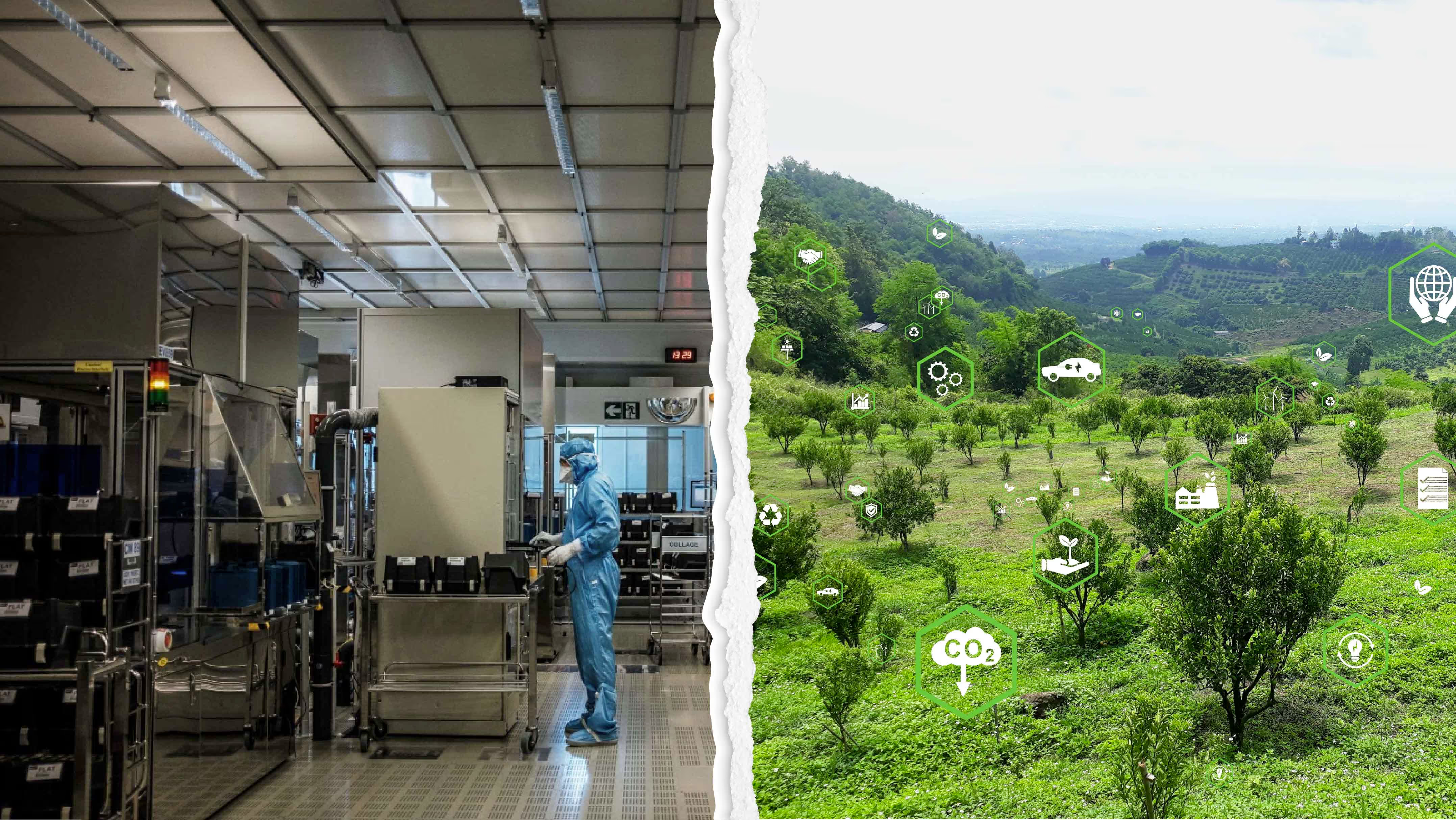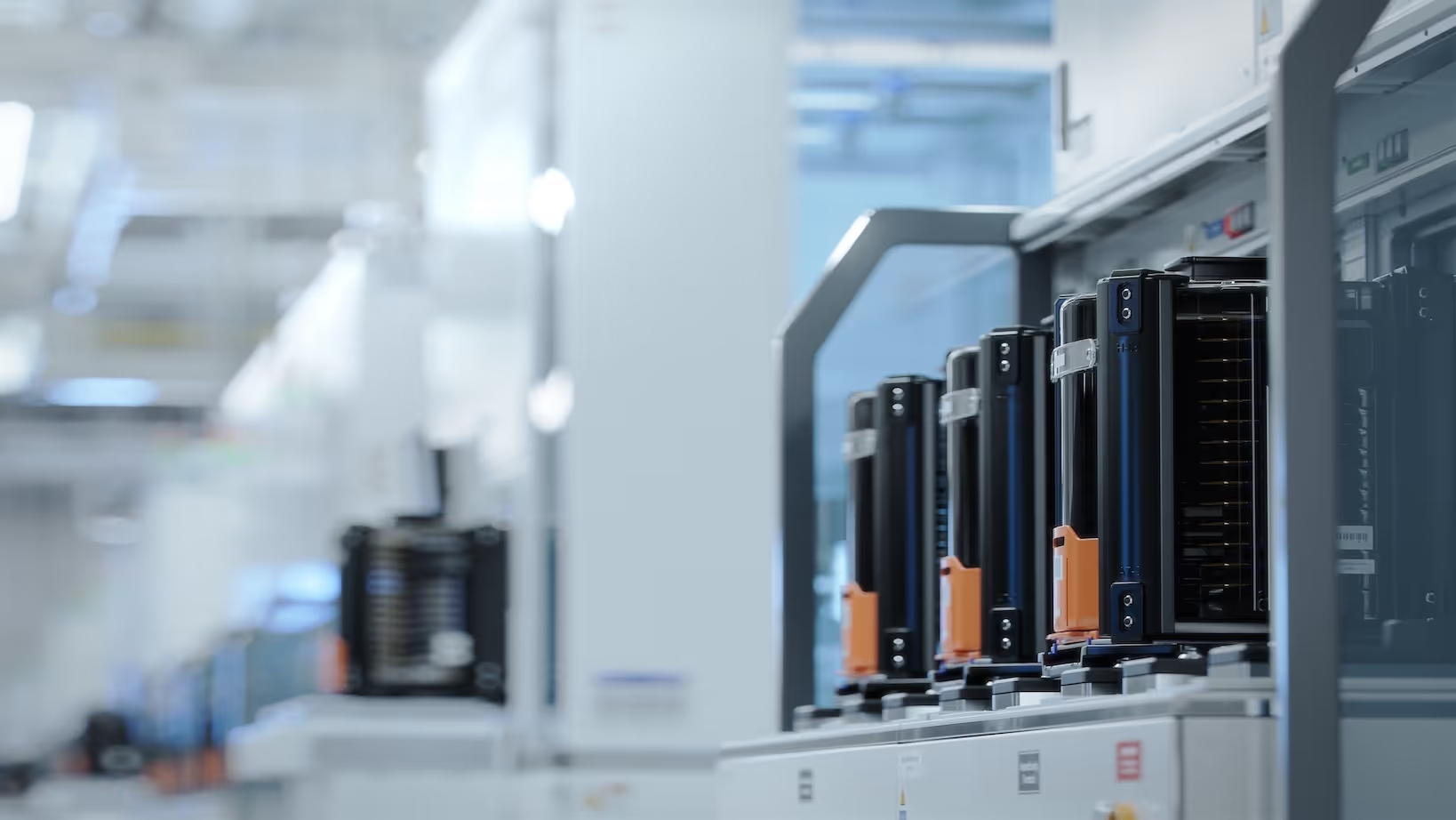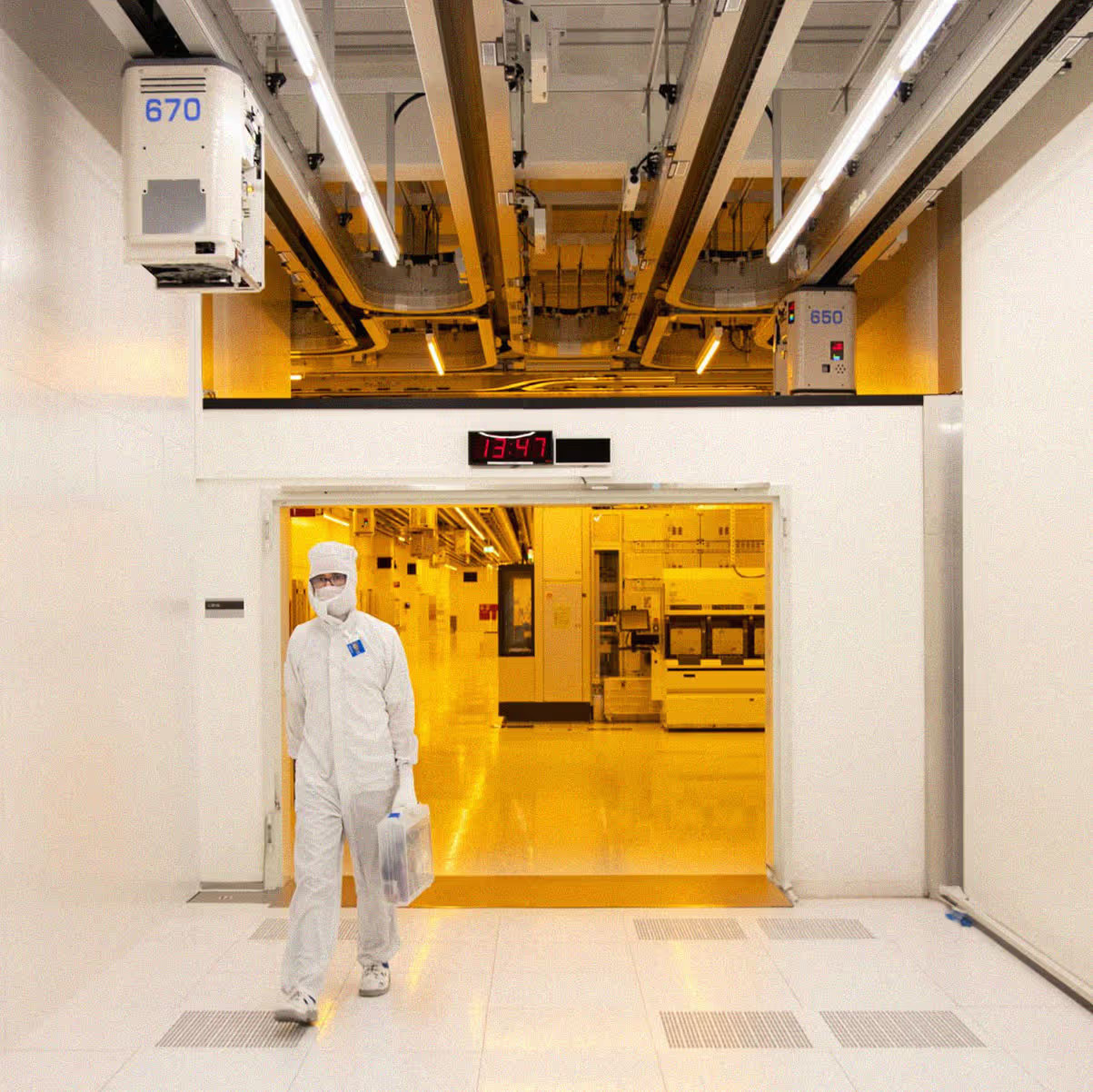We Need To Embrace Complexity, Not Run Away From It
As next-gen designs become increasingly sophisticated, a more holistic and streamlined approach to the manufacturing process is vital.

As next-gen designs become increasingly sophisticated, a more holistic and streamlined approach to the manufacturing process is vital.
Why Has Sophistication Become An Issue?
As I’ve talked about in previous blogs, the semiconductor industry faces serious challenges on a number of fronts.
The supply chain issues caused by Covid are still a headache. While some industries (automotive in particular) are putting pressure on chip companies to ramp up production, others, such as data storage, suffer from demand downturns. Another key factor impacting chip making is an ongoing shortage of skilled labour within the industry. Then there’s the problem of manufacturing equipment, with companies either unable to source second-hand tools or new tools being too expensive due to inflation. And as the world’s energy crisis continues, power itself – and skyrocketing electricity bills – is also a major concern.
As I discussed in my presentation at last year’s Fab Management Forum, the big issue that underlies all of these challenges is complexity. In many ways, fabs and the way they operate haven’t changed much in the past decade – yet the products they make have become increasingly sophisticated and as a result, more difficult to manufacture at scale. It’s not unusual now to see chip designs going into production with over 1,600 unique steps required to produce them, in cycle times that can stretch up to nine months. And as an example of just how complex chips are becoming, Micron recently began volume production of the world’s first 232-layer NAND.
This level of sophistication is only going to increase in the coming years, and the complexity challenge will soon reach breaking point if fabs continue with current practices. Unless fabs introduce new methods to streamline and simplify the management of the production process, their performance and output will continue to suffer, hindered by the sophistication of their own products.
What’s the problem with how fabs attempt to deal with complexity? Currently, they follow the classic model of addressing a big problem by breaking it down into a series of smaller, more manageable problems, with different teams assigned specific challenges to tackle. However, this approach has created problems of its own – different teams within the fab also have different priorities and KPIs, which they often work towards in isolation. And as individual teams try to max their KPIs, conflicts can arise that negatively impact production itself.
Production Scheduling Is Compromised By Simplification
Let’s drill down into the complexity issue and look at how it affects production scheduling in particular.
There are a number of different areas within chip production – metrology, photolithography, diffusion furnace, epitaxy etc – which each have their own set of tools and rules as to how they operate. Each area also has its own team with their own KPIs. So while the overarching objective of a fab is to produce a required number of saleable wafers, each team also has more granular objectives against which they’re being measured.
Typically, teams schedule production in their areas according to a series of rules that dictate the sequence in which wafers are processed - for example, this particular recipe should always run on this particular tool. That sounds simple enough, except there can be thousands of these rules for each area – in fact, it’s so difficult for industrial engineers to properly manage and control each area’s parameters that the rules tend to be full of simplifications and shortcuts.
To maintain the fab’s performance, these rules also require regular maintenance to respond to different events happening in the fab on a daily basis. Yet given their sheer volume, and the growing complexity of the products being made, it’s impossible for teams to adapt every rule to address the real-time situation. An additional issue is that each area has its own software to administer these rules and monitor its KPIs, but it generally doesn’t interoperate with the software in other areas.
All of which means that the teams aren’t able to see the status of each other’s area – they can only operate based on their own data. Not only have the rules they use have been simplified in an attempt to deal with complexity, but they’re designed to meet each area’s objectives, not the overarching goal of production. So while individual teams may be hitting their own KPIs, the overall performance of the fab is inconsistent.
There is no ‘big picture’ of the production process that individual teams are able to consult to guide their decision-making – and as it is, they are not being judged on overall performance, just how well their own area is doing. But this is simply not a viable way for fabs to work going forward.
Embracing Complexity
So what is the solution for handling production complexity on its own terms rather than constantly diluting it? It’s counter-productive to try and simplify data when it’s that very complexity that makes it so powerful – and by genuinely engaging with every aspect of it, it’s possible to gain a more accurate and comprehensive picture of what’s happening in the fab. Rather than simplifying the data, we should instead be simplifying the process.
The first step to managing complexity is employing an intelligent scheduling system that operates based on a holistic overview of what’s actually happening in the fab at any one time, identifying and responding to bottlenecks in the WIP as they happen. It also needs to make these adjustments and deliver schedules autonomously, because as we’ve seen, the complexity and unpredictability of modern fab operations make it infeasible for conventional rules-based schedulers to deliver consistent results. The constant requirement for manual retuning is a drain on IE resources, and the intelligence in the software itself is not advanced enough to effectively tackle the hardest problems found in a wafer fab.
Is such an autonomous approach to scheduling possible? Short answer, yes it is, but it requires a willingness on the part of the semiconductor industry to a) fully embrace smart manufacturing practices, and b) to switch from their conventional scheduler to deploy a best-in-class technology that leverages both the power of the cloud and the computational speed of AI.
The complexity of modern chip design demands a new approach to production that is equal to this complexity – otherwise, the industry will be forever on the back foot, constantly struggling to keep up with the future while failing to capitalise on the richness of the data available to it in the here and now.
Author: Jamie Potter, CEO and Cofounder of Flexciton
More resources
Stay up to date with our latest publications.





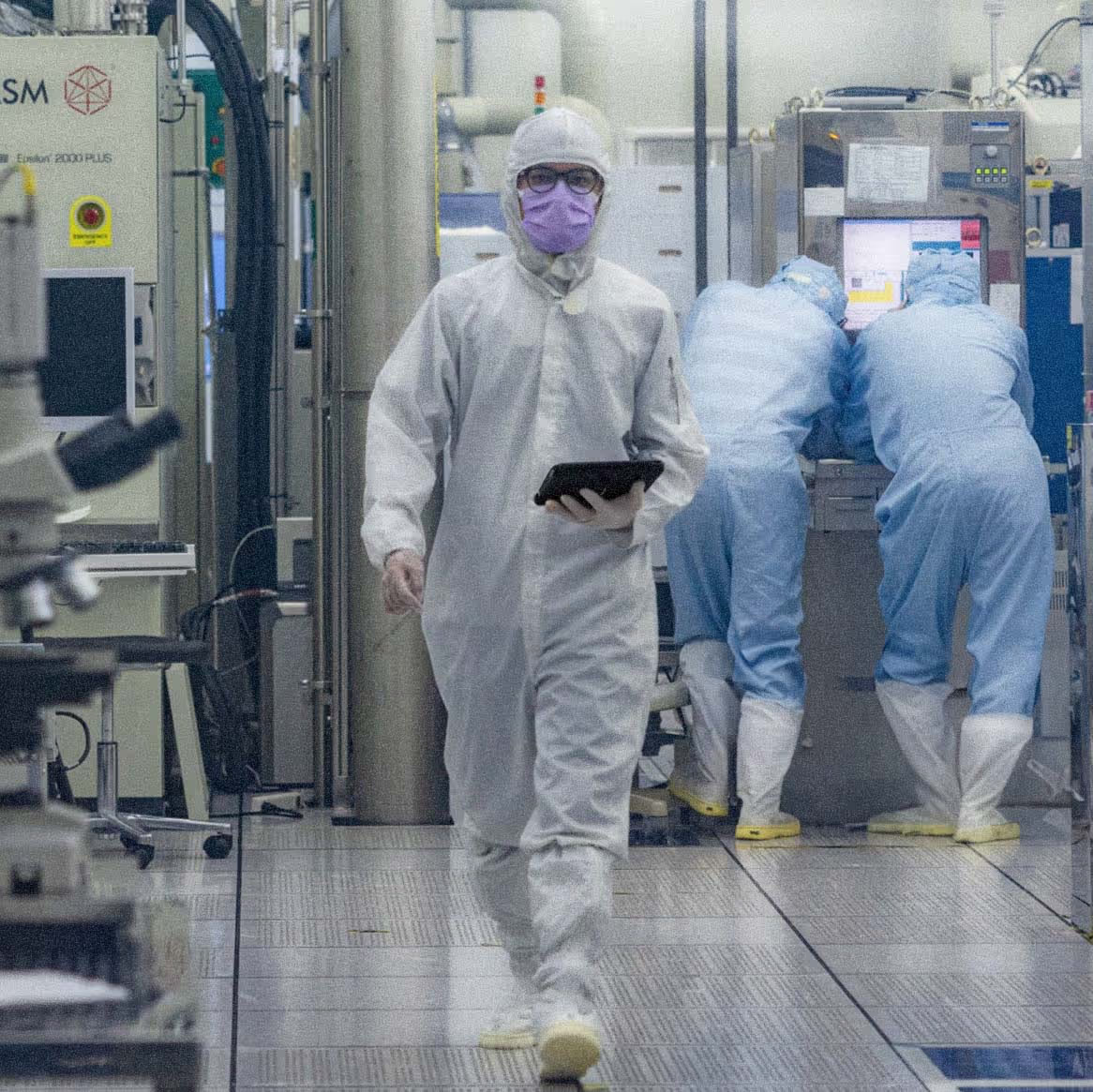
.avif)
.avif)
















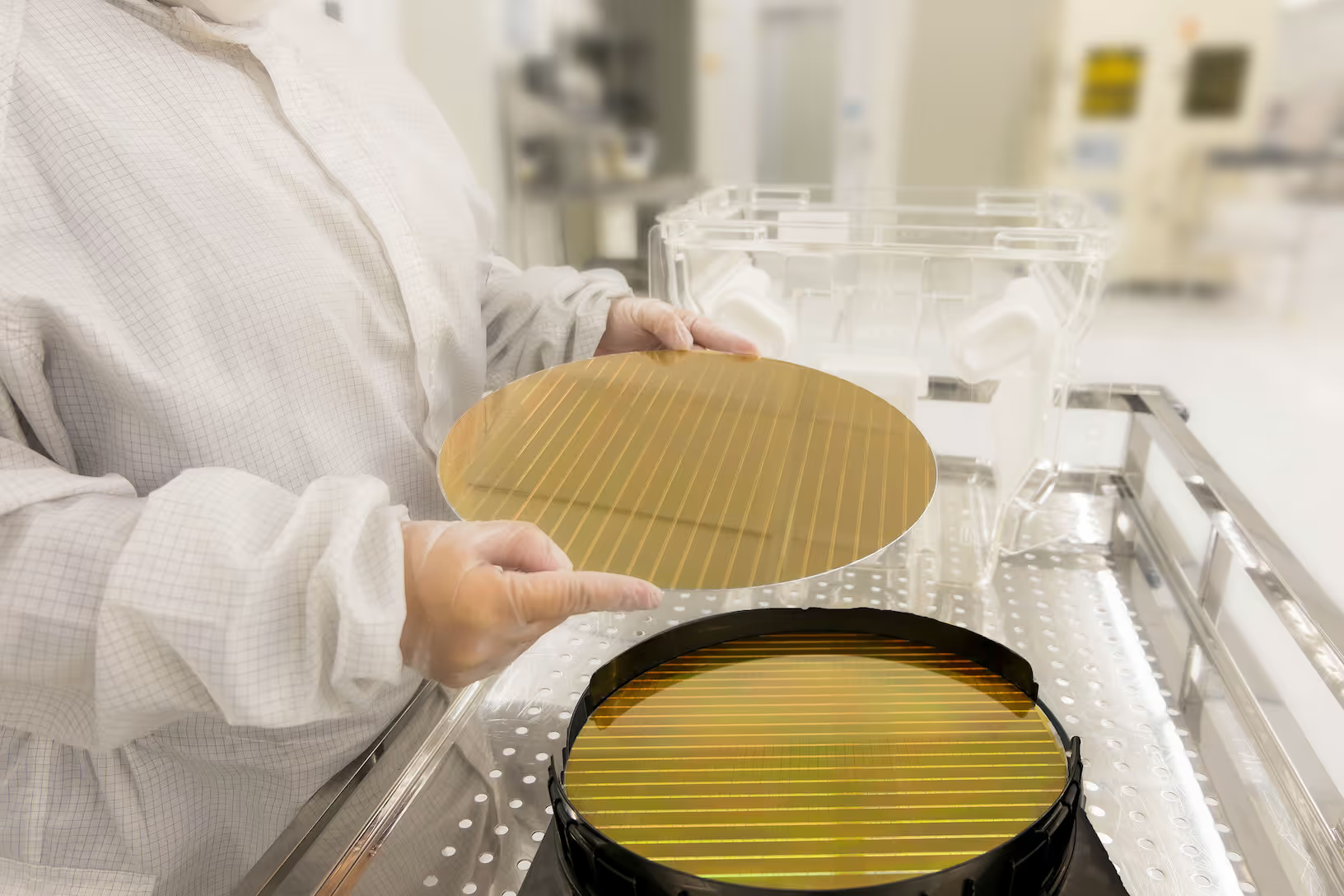

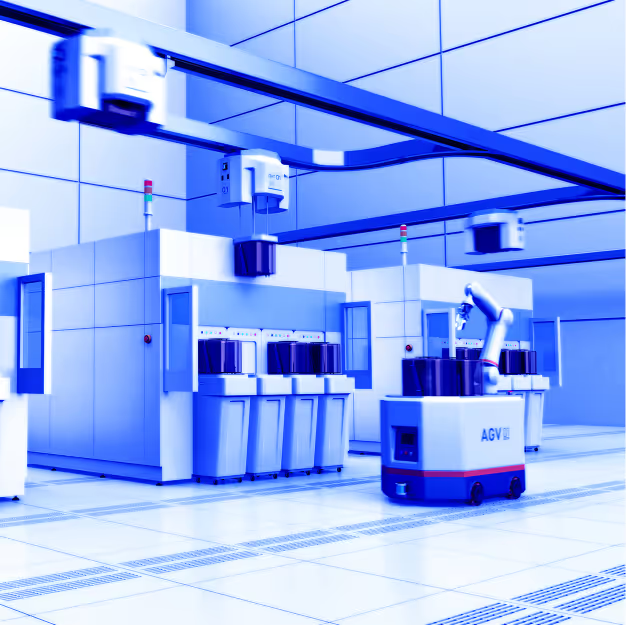
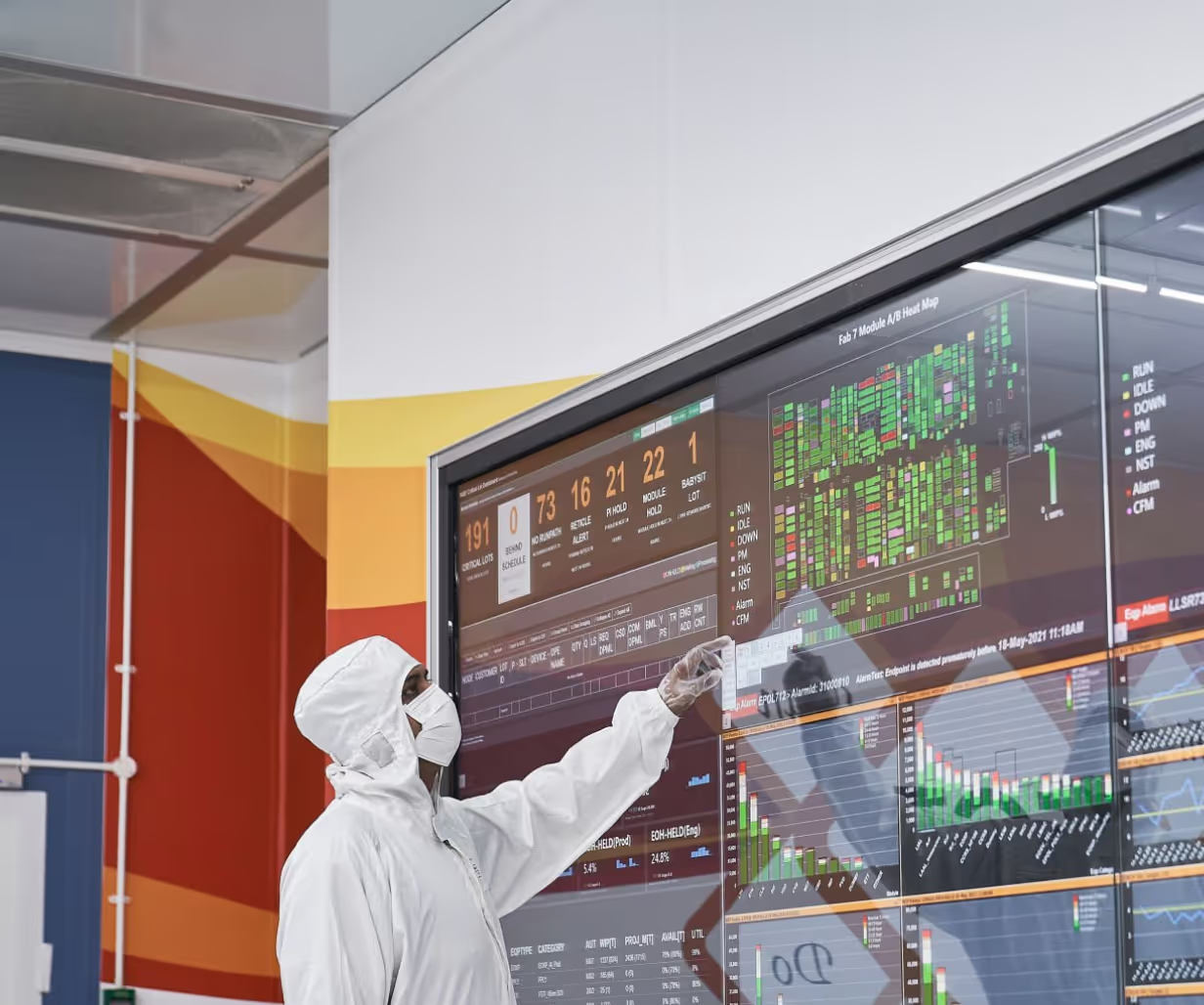






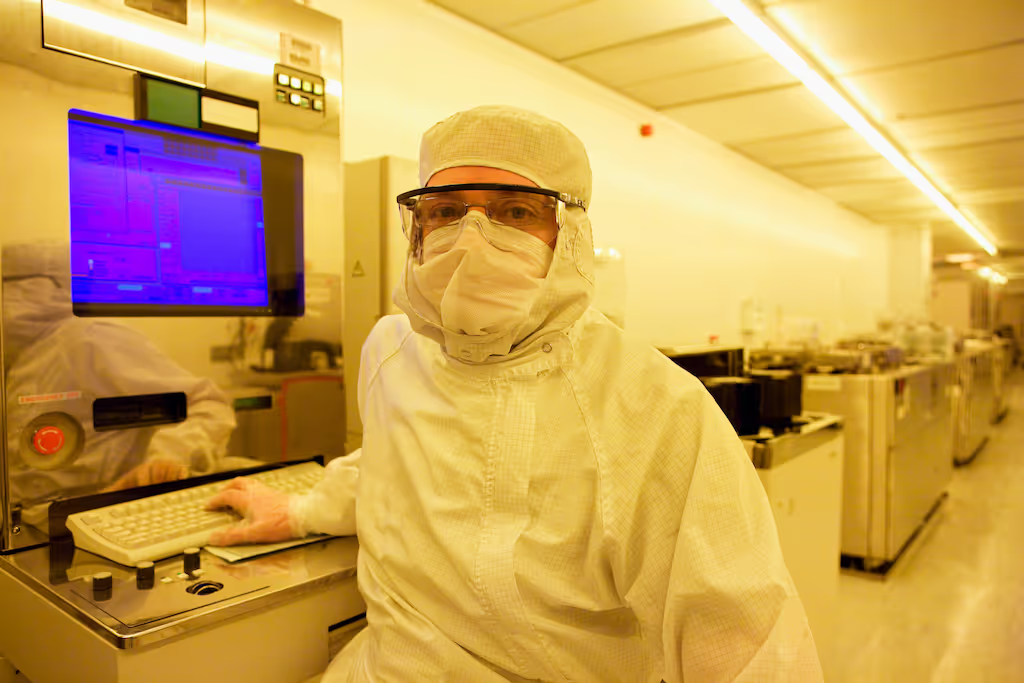



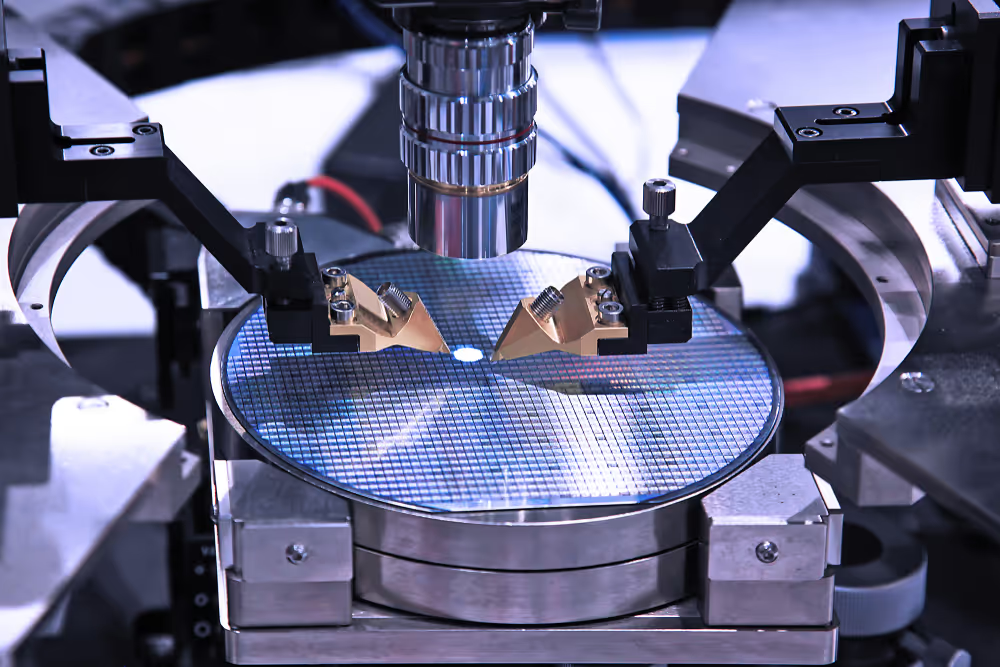
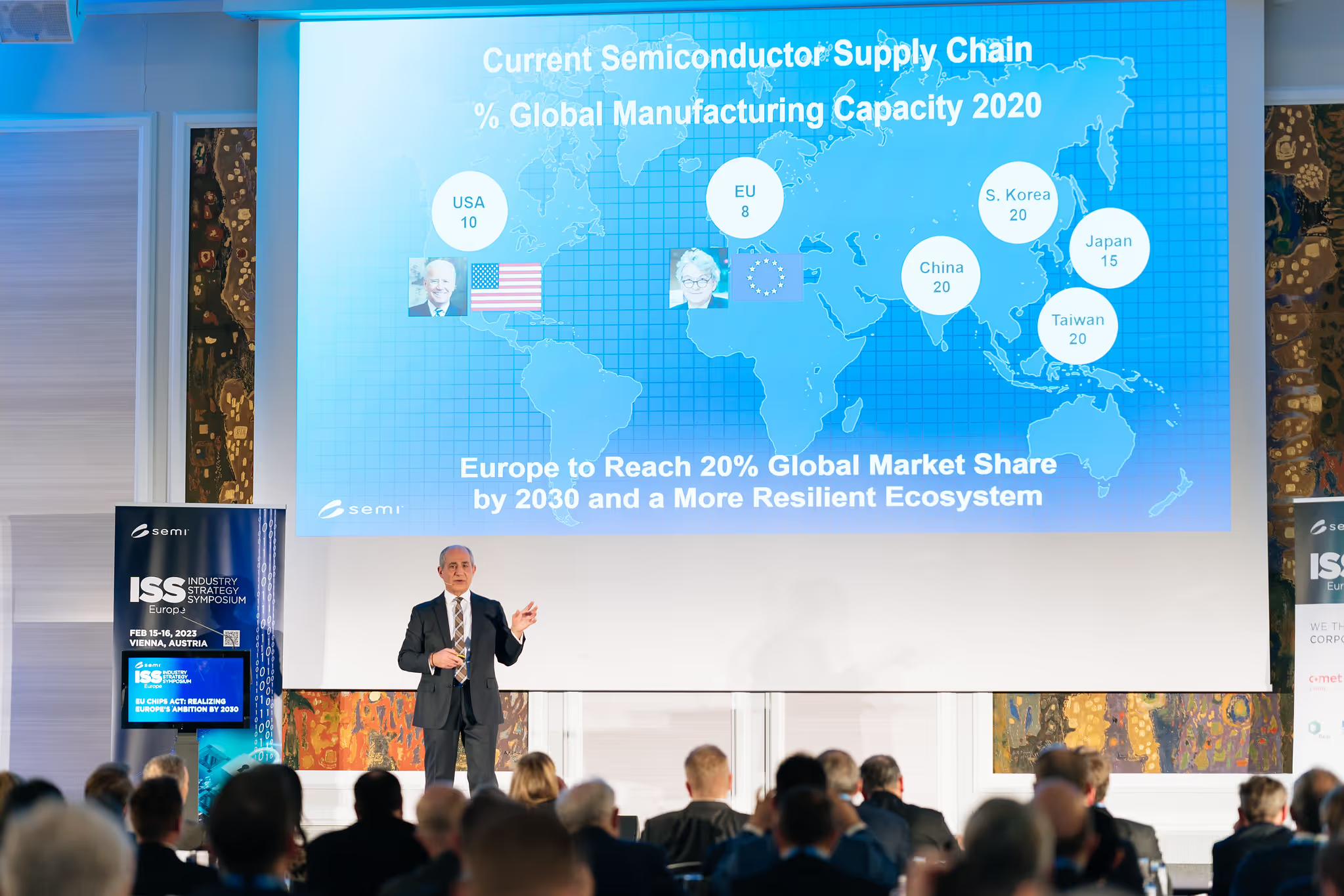

.avif)
